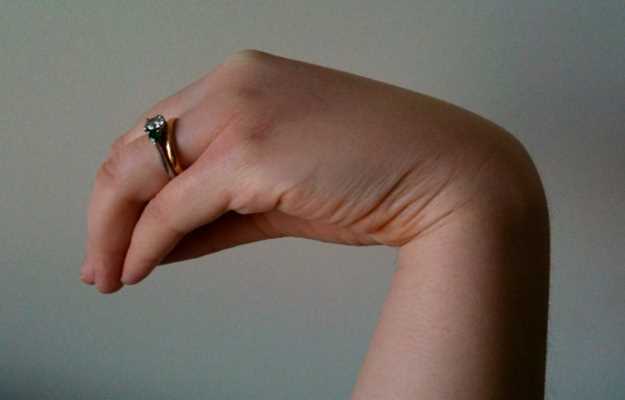What is tetany?
Tetany is a group of symptoms involving painful cramps in the body muscles. It is associated with endocrine disorders like hypoparathyroidism where the level of calcium is reduced. Reduced calcium level can lead to tetany.
What are its main associated signs and symptoms?
The main associated symptoms of tetany are:
- Uncontrolled and painful muscle cramps
- Muscle twitching
- Seizures
- Reduced level of consciousness
Additional symptoms that may be linked to tetany are:
- Fatigue and general weakness
- Pain in the muscles
- Headache
- Nervousness and anxiety
- Dryness of the skin
- Patchy hair loss
- Brittle nails
- Improper development and formation of teeth in children
- Increased dental cavities
The most severe symptoms related to tetany are muscle spasms of the larynx and bronchi.
What are the main causes?
The causes of tetany are:
- Reduced calcium levels (hypocalcaemia)
- Reduced magnesium levels (hypomagnesaemia)
- Reduced potassium levels (hypokalaemia)
- Loss of acid-base balance in the body (alkalosis)
Generally, reduced levels of parathyroid hormones or removal or injury of the parathyroid gland leading to reduced calcium levels and alkalosis are the major causative factors of tetany.
How is it diagnosed and treated?
The diagnosis generally involves investigation of the symptoms experienced. The doctor may recommend a blood test to check the serum electrolytes, calcium, magnesium, and potassium levels and confirm the diagnosis.
As the primary cause is calcium deficiency, the best treatment is intravenous calcium supplementation in the form of elemental calcium at a dose of 100 to 200 mg. In a majority of the cases, treatment with calcium is accompanied by vitamin D as it is needed for the absorption of calcium in the body. In the case of tetany induced due to magnesium deficiency, magnesium supplementation is required. The therapy depends on the underlying cause of tetany.

 OTC Medicines for Tetany
OTC Medicines for Tetany















